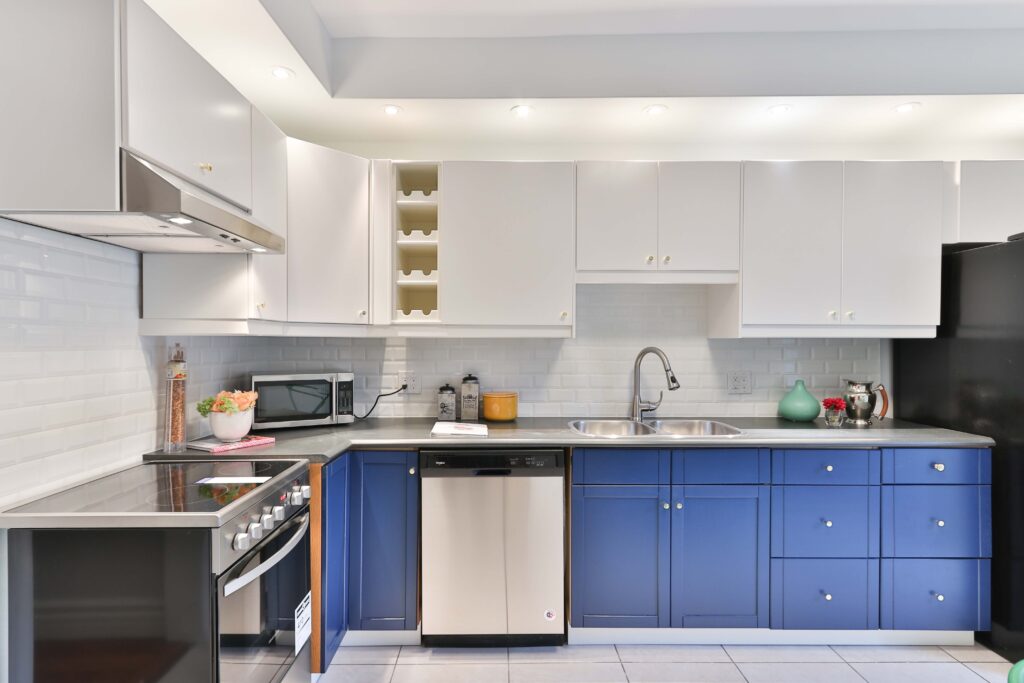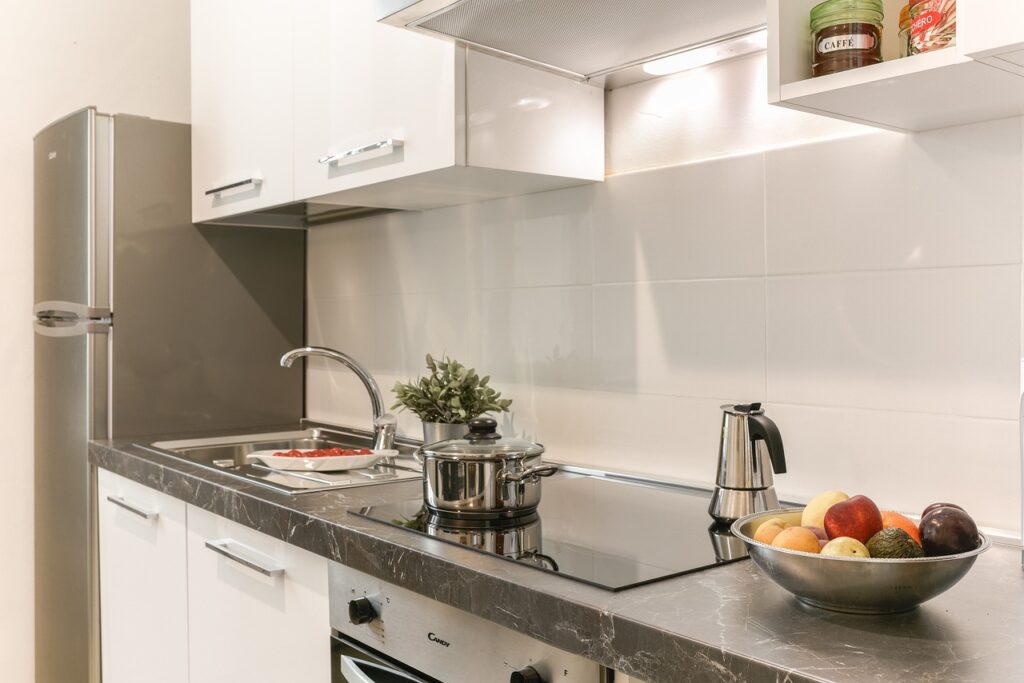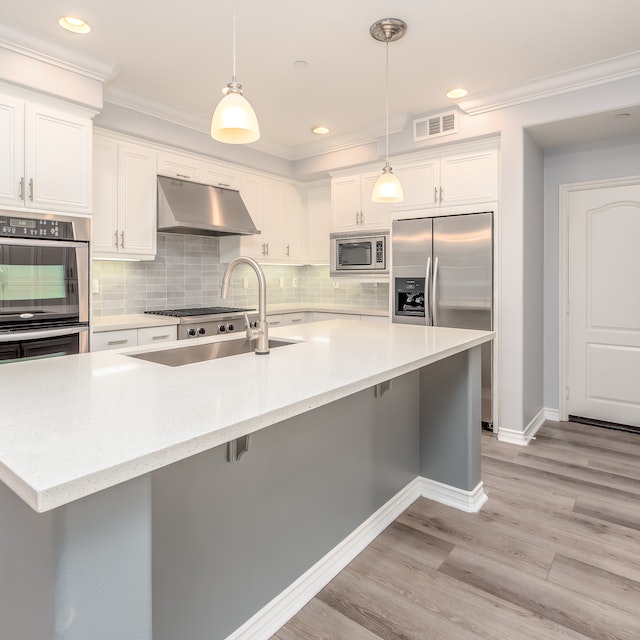Location
5, Maidawas Rd, Opp. Emarald Estate, Medawas, Sector 65, Gurugram
A modular kitchen sink is a sink that is designed to be installed in a modular kitchen. Modular kitchens are kitchens that are made up of individual units that can be combined in different ways to create a custom kitchen design. If you are considering upgrading your kitchen, a modular kitchen sink is a great option.


Kitchen sinks that are modular in design and size provide distinct benefits. Here are some of the most popular types:
When choosing a kitchen sink, it’s important to pick a material that’s durable and looks good. Here are some popular options:

In order to preserve the hygiene of your modular kitchen sink and stop the growth of bacteria, it is imperative that you keep it clean and sanitised. Here are a few simple steps to follow:
Scratches and stains can detract from the appearance of your modular kitchen sink. Here are some tips to prevent them:
If your modular kitchen sink sustains minor damage, such as a small chip or scratch, you can often repair it yourself. Here are a few tips:
Modular kitchen sinks are great! Their beauty, functionality, and ease of cleaning are all present. Your home’s worth may also increase with them.
Make your choice of washbasin based on your requirements and tastes. Consider the size of your countertop, the style of your kitchen, and your budget.
There are many great modular kitchen sinks on the market. Select the ideal one for your house!
5, Maidawas Rd, Opp. Emarald Estate, Medawas, Sector 65, Gurugram